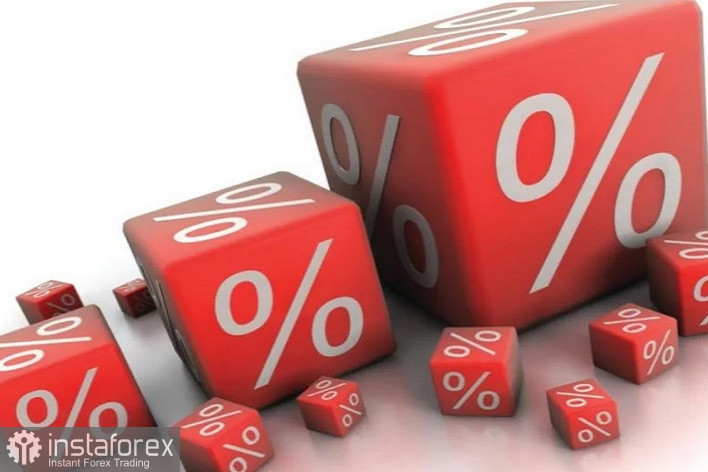
Less than 2 weeks are left before the next meeting of the Federal Reserve.
Fed chairman Jerome Powell has changed his position on inflation, as indicated by his recent statements.
Earlier, he claimed that inflation, which has reached a record high level, was transitory and had begun to decline. Since then, the CPI has climbed by 6.4% in February and 8.5% in March. The PCE index has risen to 6.4% in February, with March data set to be released on April 29. Soaring inflation has forced Powell to reconsider his position.
While statements by FOMC board members included their views on prospective policy measures, it was not the case last week, when chairman Powell directly mentioned the issue of rising prices.
The head of the US regulator has admitted for the first time that it would be hard to get supply and demand back in sync.
During its March meeting, the FOMC began normalizing the interest rate by raising it from zero to 25-50 basis points.
According to the latest data, Americans are facing the strongest inflationary pressure since January 1982. Logically, the Fed would tighten its monetary policy at the remaining FOMC meetings.
The president of the Fed Reserve Bank of St. Louis, James Bullard, stated interest rates could even be hiked by 75 basis points. Bullard said that multiple large interest rate hikes were almost inevitable, as the Fed began to tackle rising prices.
It would be difficult for the Federal Reserve to push inflation down to the target level of 2% without causing a recession. While both Fed chairman Powell and James Bullard claim it could be done without particularly drastic measures, it seems very unlikely that the Fed could achieve that.
The changes in prospective Fed policy have influenced the financial markets. Rate hike expectations have boosted the yield of US Treasury bonds, while equities and safe haven assets, such as gold, dropped significantly.





















